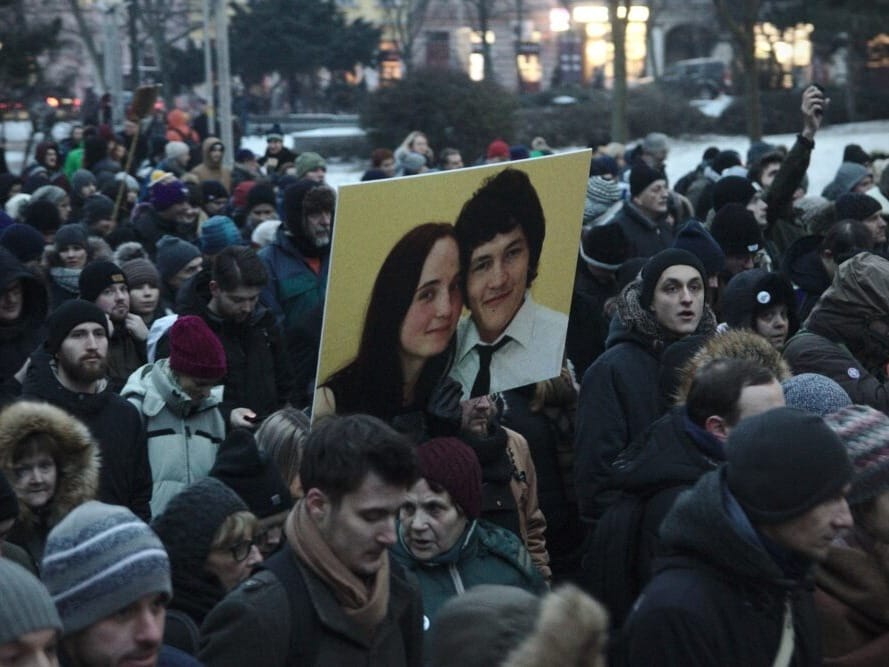PARIS (AN) — Journalists faced an "unprecedented level of hostility" in 2018 due to populist hatred whipped up by "unscrupulous politicians, religious leaders and businessmen," Reporters Without Borders said in a new report.
The Paris-based international organization said that in the past year at least 80 journalists were killed, 348 were detained in prison and 60 were taken as hostages. More journalists were killed, abused or attacked than in any other year on record.









